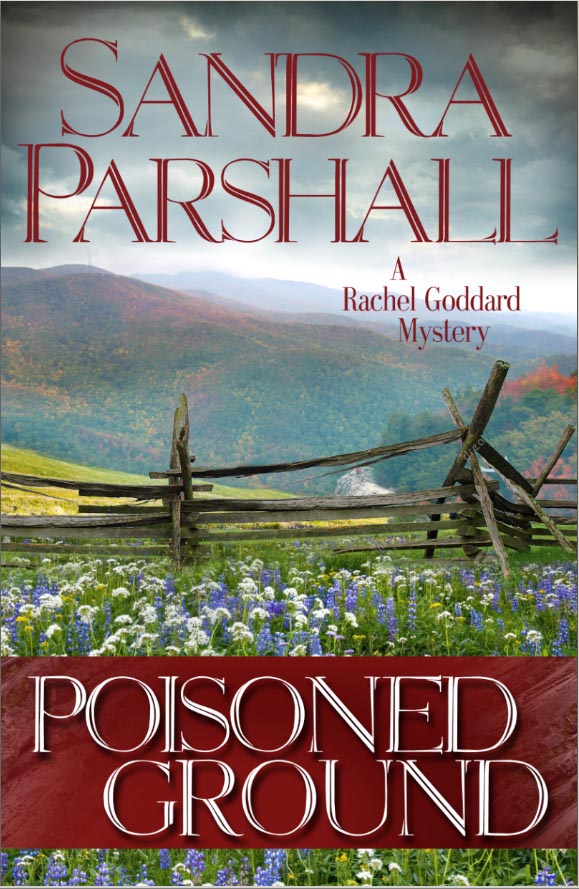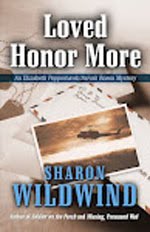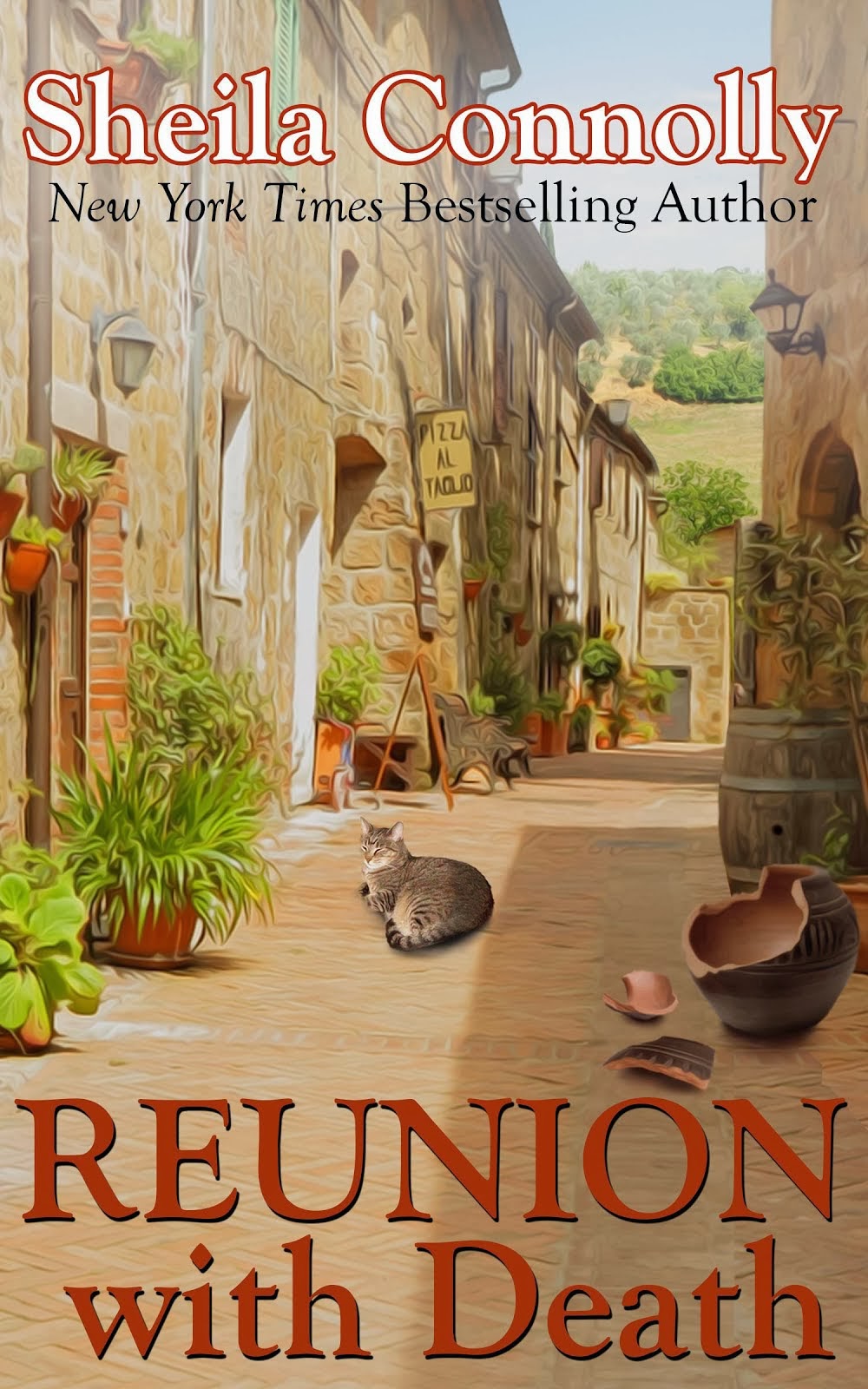By Lonnie Cruse
I read a lot more than I write, so this post comes from the POV of a reader who also knows how to be a writer, and therefore knows a bit about both. Did that make any sense? Great, moving on.
I used to belong to DorothyL, an e-mail discussion list for readers/writers/lovers of mystery. One thing I learned from the members there is that it's okay NOT to finish reading a book, whether or not you paid for it, borrowed it, whatever. (It's also okay not to clean your plate either, despite what your mother said, and I figured that one out all on my own. Where was I? Dumping a book.)
A surprising number of readers go with the Fifty Page Rule. Meaning: Capture my attention within the first fifty pages of your book or I'm outta there. Game over. Book closed. I sorta follow that rule, but I confess, IF I'm giving up on a book, (which I've started doing the last decade or so because of the Number One Reader's Rule: "So many books, so little time") I'm very likely to peek at the last chapter or so to see whodunit. After all, I've paid for the book. But I will no longer force myself to read a lousy book all the way through. So the beginning of a book has to be good and most, if not all, writers are aware of that. There needs to be a hook, to grab the reader and carry her/him through. And most writers do their very best to create that hook. Which brings me to the other problem. A problem that makes me grind my teeth even more than a slow beginning. Creating a satisfying end to the book BEFORE typing the words: THE END.
I hate having to give up on a book because it hasn't captured my interest in the first few chapters. I hate even worse falling in love with a book and the characters in the story, knowing the author has more in the series that are bound to be good too, then reaching the end of that first book and it falls flat. But the book started out soooo well! What happened?
Having written those favorite words of any author: THE END, I think I know what sometimes happens to ruin a book right at the end. Mysteries need to have a satisfying wrap-up. The protagonist must solve the mystery, the antagonist must be somehow brought to justice (by a trial, or killed off, or suicide, or whatever) and most of the loose ends should be tied up. It's okay to leave a few things to carry over to the next book, such as: Will the protag and any significant others continue their new relationship? What will be the new mystery in the next book? Etc. What usually drives readers like me nuts is when a HUGE cliff-hanger is left at the end. Example, the protag is seriously injured in pursuit of the antag. Will he/she survive into the next book? We have to somehow acquire that book to find out. Or the antagonist totally gets away with the crime. Will he/she ever be caught in future books? Will there ever be justice for the characters in book one? You get the picture. Those kinds of very large cliff-hangers are likely to turn a reader off for future books, and the author loses sales.
And here's the biggest problem for the reader in me. Because of the mystery solved/loose-ends-wrapped-up thingy, there is, of necessity, more tension at the end of any book than at the beginning, and I think THIS is where the major problem for the author arises. Whether a super-cozy book with little tension, blood, or gore, or a real shock-a-minute thriller, there MUST be the highest level of tension at the end, when the "wrapping up" takes place. And when writing said tension, the writer can get caught up in it, losing focus on reality, or real life, if you will. Brain flies ahead of fingers while fingers race to keep up. Like being on a roller coaster. The writer is excited, picturing the action, and knowing the reader will be excited too. And this is where writers often lose me. How?
By writing a character who has behaved in a perfectly sensible manner for the last few hundred pages who now suddenly dashes into a dangerous situation with no back-up, no cell phone, no flashlight (if it's dark, and isn't it always?) and NO weapon. If the character is a law enforcement officer, he/she knows better but might have to act quickly if lives are in danger. That I can live with. It's their job. What I can't stomach is characters who decide that the police aren't interested, don't know their job, etc. so he/she must dash in where angels fear to tread and confront the bad guys. Alone. And do something too stupid to believe. Like going without the aforementioned weapon, cell phone, back up, flashlight, etc. Sigh. And without telling anyone what their plan is beforehand. Grrrr.
What brought me to this rant was recently reading a book I really liked where a character I really liked gets caught sneaking up on/investigating the bad guys, alone in the dark, in their territory, without first alerting anyone who could have helped. The character winds up being chased by two larger, meaner baddies. There is a lot of noise and the chase suddenly screams to a halt. Said protag accidentally discovers that one of the baddies has fallen, is injured, and unconscious. Okay, author, I'm still with you. Protag finds phone, calls for help. Still with you. Protag goes back to injured bad guy, finds same still out of commission. Not a great idea, shoulda stayed safe by the phone until help arrived, because what if he's come to by now, but I'm still with you. THEN the protag (safely hidden for the moment from the other bad guy, still in the dark, but with help on the way) calls out the name of the other baddie to see where he is. Say what???
This character's life has been threatened. These people want him/her dead, now. One of THEM is down. IF the other is still mobile, he wants this character dead more than ever so he can either take off or face it out with the cops and deny any involvement. He's not going to come out of hiding, hands raised, like the loser in a game of hide-and-seek, and give up. No sane person would go looking for the other bad guy at that moment, much less call out and give away their own location. A sane person would stay hidden until the folks alerted by the 9-1-1 call arrived. I doubt I will read the rest of this series, because of Reader Rule #1, listed above.
So, here is my plea, from reader to writer. When you get to the last chapter, to the reveal, to the wrap-up, to bringing justice to the bad guys and rewards to your protag, PLEASE think it through. Sloooow down. Re-read that ending several times when you're done writing it. Have someone else read it for you. Ask yourself and have them ask, is this what a sane person would do if faced with this dangerous situation? Would I do that? (Yes, you'd be scared and not thinking straight. But wouldn't self-preservation kick in before now? The author gave me the idea that the protagonist was "concerned" for the well-being of the second bad guy because the first one was hurt. Huh? Huh uh. Stay down, stay safe, let the authorities see if he's okay or not.)
End rant. Anyone else want to jump into this discussion? What makes you give up on a book or a series, either at the beginning or the end?
Saturday, March 26, 2011
Subscribe to:
Post Comments (Atom)










4 comments:
I don't know. In real life justice isn't always achieved. Good guys don't always win and bad guys don't always fail. (The winners write the history books.) Stories with ambiguous wrap ups seem more credible to me.
As for the 50-page rule: I don't like it. It seems like an excuse for people with short attention spans. I've certainly read plenty of books that I didn't find a payoff for until well past 50 pages. The Moonflower Vine is a good example. Had I followed that rule, I would never have finished reading it. But it was a selection for our book discussion group so I carried on. And I'm glad I did because the big, big payoff came in the very last chapter. It made the beginning part show the great and important worth it had, and I would have missed that if I had given up at 50 pages.
I happen to think that readers engage in a sort of contract with the writer. They should commit to taking in the whole, not a part. Otherwise they are doing themselves a disservice. Imagine only looking at a few square inches of a painting or a few notes of a symphony and then passing judgment on the whole.
Aristotle said that "one swallow does not a summer make." Inverting that, seemingly bag first fifty pages do not a bad novel make.
P.S. I was in Paducah a couple of weeks ago and looked everywhere for you!
Yes to all of the above, including the TSTL protagonist who goes down to the dark basement armed only with a flashlight because she heard a funny noise.
The only thing that I would add is that sometimes it feels as though the writer just ran out of steam by the end of the book. I often find myself looking at the book (yes, I'm a dinosaur, and it's a physical book) and gauging how many pages are left until the end. All too often I see a quarter-inch and say to myself, there's no way this writer can tie up all the loose ends in any satisfying way. Or maybe the writer was so sick of the endlessly-revised plot and characters that he or she just said, enough already!
I've often seen a good series run out of steam, and I find it's often evident in the dialogue. What was once exciting and fresh becomes mundane and repetitive.
That's when I know it's time to get a new character and a fresh series idea.
Very few books that bore me in the beginning end up engaging me later on. I've forced myself to keep reading some books for various reason -- for a book discussion, etc. -- but have rarely been rewarded. If it doesn't click for me early, it's almost always hopeless.
Post a Comment